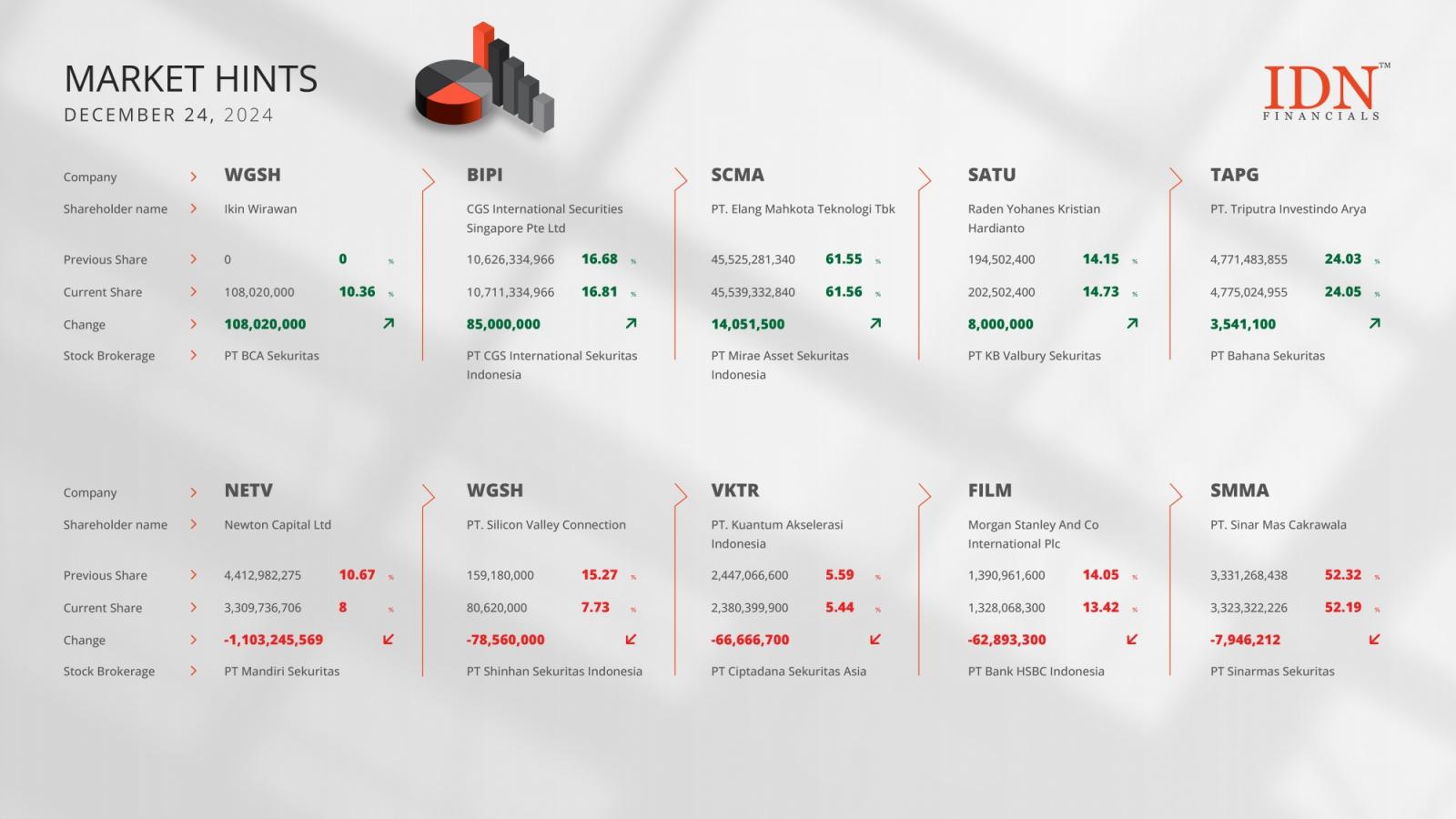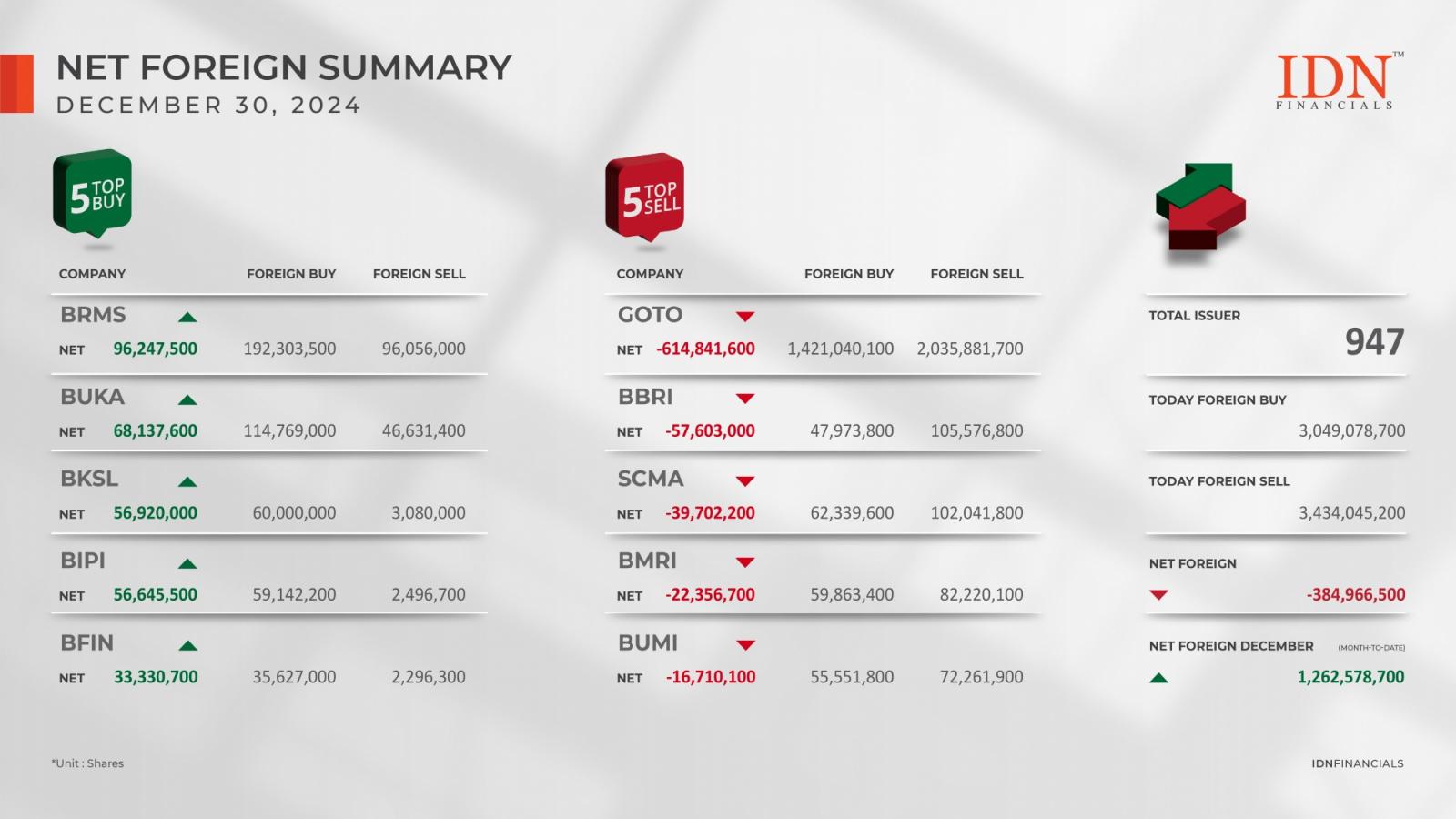Following the tribunal’s ruling, Bitfarms quickly implemented a new ‘poison pill’ strategy, or shareholder rights plan, on Wednesday, to protect against “creeping” bids.
This plan will be activated if any entity accumulates over 20% of Bitfarms’ shares without board approval.
The plan will be effective for six months. It allows existing stockholders to buy shares at a significant discount if a takeover attempt occurs, thereby diluting the acquirer’s stake.
Brian Howlett, the lead director of Bitfarms’ board, defended the new plan, stating it was designed to ensure fair treatment of all shareholders and counter Riot Platforms’ opportunistic acquisition attempts. Howlett said,
“In light of this decision, the Bitfarms Board has adopted the New Rights Plan to ensure the interests of all shareholders are protected.”
Howlett further emphasized that the rights plan was crucial for preserving the integrity of alternative takeover processes.
Corporate Governance and Leadership Changes
In June, Riot Platforms disclosed a 14.9% stake in Bitfarms and made a $950 million buyout offer. The offer valued Bitfarms at $2.30 per share, a 24% premium over its recent average share price. However, Bitfarms rejected the offer, arguing it undervalued the company.
Riot Platforms then launched a website to address corporate governance concerns at Bitfarms and outline its plans for board restructuring.
Riot Platforms has been vocal about Bitfarms’ governance shortcomings, particularly following former CEO Geoffrey Morphy’s resignation in May and subsequent lawsuit against the company.
Nicolas Bonta has been acting as interim president and CEO, a position Riot Platforms argues should be reconsidered due to governance concerns.
In response to Riot’s actions, Bitfarms appointed Fanny Philip, a blockchain technology and finance expert, as an independent board member. This appointment is part of Bitfarms’ strategic shift amidst the ongoing internal conflict with Riot Platforms.
Bitfarms operates 12 Bitcoin mining facilities across Canada, the United States, Paraguay, and Argentina.
Despite the corporate challenges, the company reported a significant 21% increase in Bitcoin production in June 2024, mining 189 BTC. This growth comes amid the Bitcoin halving event in April, which reduced block rewards by 50%.
Simultaneously, Riot Platforms acquired Block Mining on July 24 for $92.5 million, significantly increasing its operational capacity and geographical reach.
The acquisition, funded with $18.5 million in cash and $74 million in common stock, includes 60 megawatts (MW) of current operational capacity and plans to expand to 110 MW by the end of 2024, with potential growth to over 300 MW in Kentucky.
This purchase will immediately boost Riot’s self-mining hash rate by 1 EH/s, potentially growing to 16 EH/s by 2025.





